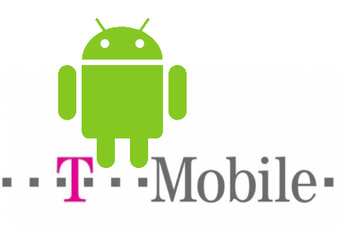 In an FCC filing, T-Mobile mentioned an instance from a year ago in which an Android IM app refreshed its network connection so frequently that it “caused an overload of T-Mobile’s facilities for an entire city.” That’s no good.
In an FCC filing, T-Mobile mentioned an instance from a year ago in which an Android IM app refreshed its network connection so frequently that it “caused an overload of T-Mobile’s facilities for an entire city.” That’s no good.
In the filing, Grant Castle, T-Mobile’s director of national planning, wrote:
T-Mobile network service was temporarily degraded recently when an independent application developer released an Android-based instant messaging application that was designed to refresh its network connection with substantial frequency. The frequent refresh feature did not create problems during the testing the developer did via the WiFi to wireline broadband environment, but in the wireless environment, it caused severe overload in certain densely populated network nodes, because it massively increased signaling—especially once it became more popular and more T-Mobile users began downloading it to their smartphones. One study showed that network utilization of one device increased by 1,200 percent from this one application alone. These signaling problems not only caused network overload problems that affected all T-Mobile broadband users in the area; it also ended up forcing T-Mobile’s UMTS radio vendors to re-evaluate the architecture of their Radio Network Controllers to address this never-before-seen signaling issue. Ultimately, this was solved in the short term by reaching out to the developer directly to work out a means of better coding the application.
So that’s kinda crazy, and what’s more, T-Mobile had to reach out to the developer to fix things.
This incident comes to light, of course, as an example of the horrors that await wireless carriers (and by extension their customers) if carriers aren’t allowed to buck net neutrality rules and prioritize data on their own.
Do you think that T-Mobile should be able to better handle issues such as these? Let us know.
Source: Gizmodo








